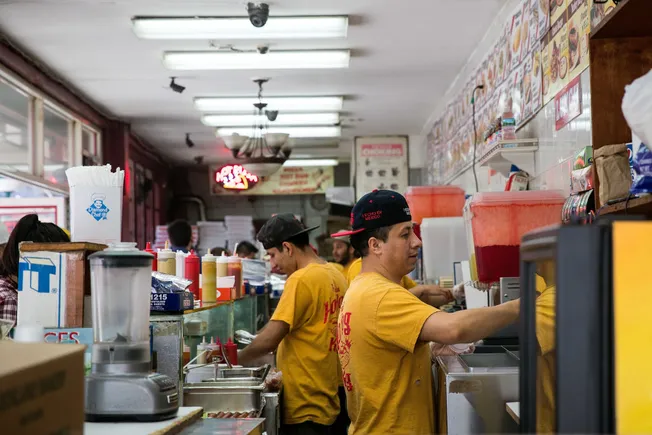Hrdive
1w
389

Image Credit: Hrdive
Despite a still solid labor market, workers may fear layoffs, report finds
- Workers are concerned about rising unemployment levels and further job losses, leading to a decline in discretionary spending.
- People are spending more on major expenses like housing, insurance, car payments, and utilities, while reducing discretionary spending, particularly among lower-income groups.
- Lower-income households have seen slower wage growth over the past two years, and the unemployment rate has increased during the same period.
- While the labor market remains solid, negative expectations among consumers, especially lower-income households, may impact their spending decisions.
Read Full Article
23 Likes
For uninterrupted reading, download the app